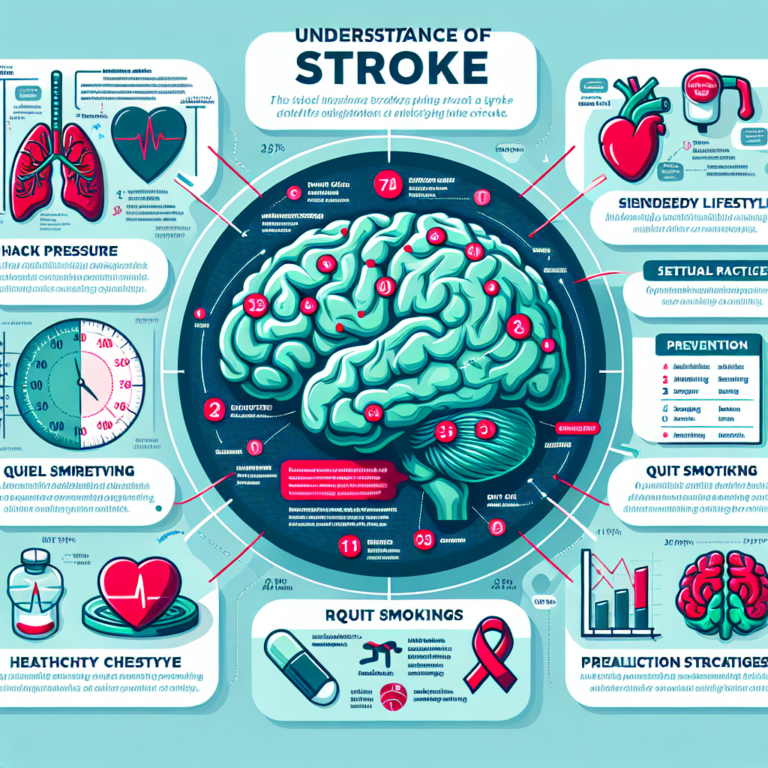
Introduction
Imagine a world where every patient adheres meticulously to prescribed medications, leading to improved health outcomes, reduced hospital visits, and enhanced quality of life. This vision seem idyllic, doesn’t it? Yet, the reality is starkly different, with non-adherence to medications being one of the leading causes of health complications. According to the World Health Organization (WHO), adherence rates for long-term therapies average about 50%. So, how can we bridge this gap? The answer lies in The Role of Healthcare Providers in Promoting Medication Adherence.
In this article, we’ll explore how healthcare professionals can significantly impact medication adherence through education, communication strategies, and support systems. Get ready for an engaging dive into the crucial responsibilities of healthcare providers and the actions they can take to foster better compliance among their patients.
Understanding Medication Adherence
What Is Medication Adherence?
Medication adherence refers to the extent to which a person’s behavior aligns with the prescribed medication regimen, including timing, dosage, and frequency. Non-adherence can result in a range of adverse outcomes, such as disease progression, increased healthcare costs, and even mortality.
The Stakes are High
The repercussions of non-adherence extend beyond the individual patient. According to a study published in the Journal of Managed Care & Specialty Pharmacy, non-adherence costs the U.S. healthcare system approximately $290 billion annually. Understanding The Role of Healthcare Providers in Promoting Medication Adherence is essential in crafting effective strategies to mitigate this issue and ensure better health outcomes for all.
Key Factors Influencing Medication Adherence
Patient-Healthcare Provider Relationship
A trusting relationship between patient and provider is instrumental in encouraging medication adherence. A study in the American Journal of Medicine revealed that patients who feel listened to and valued are more likely to follow medical advice.
Complexity of Treatment Regimens
As treatment regimens grow more complex, adherence rates decline. The introduction of polypharmacy—used especially among older adults—can lead to confusion. This complexity highlights The Role of Healthcare Providers in Promoting Medication Adherence by simplifying schedules and providing clear instructions.
Health Literacy
Patients with low health literacy may struggle to understand their treatment plans, leading to poor adherence. Healthcare providers must actively assess and address health literacy to improve compliance.
Strategies for Healthcare Providers to Enhance Medication Adherence
1. Patient Education
Education is Empowerment: Healthcare providers can enhance adherence by educating patients about their medications—how they work, potential side effects, and the importance of following the prescribed regimen.
Case Study: The Power of Education
A clinical trial involving diabetic patients found that those who participated in educational sessions about their medication were 40% more likely to adhere to their regimen compared to a control group.
| Group | Adherence Rate |
|---|---|
| Education Group | 90% |
| Control Group | 50% |
Analysis: This case study illustrates that education dramatically influences adherence, showcasing the practical application of The Role of Healthcare Providers in Promoting Medication Adherence.
2. Communication Strategies
Build Open Channels: Effective communication fosters trust. Providers should encourage patients to voice concerns or misunderstandings regarding their treatment. Tools like motivational interviewing can facilitate open dialogue.
Case Study: Enhancing Communication
In a study focusing on hypertension management, patients who had regular follow-ups with their healthcare providers showed 35% better adherence. These patients reported feeling more supported and informed about their treatment options.
3. Utilizing Technology
Embrace Digital Solutions: Technology can serve as an ally in medication adherence. Automated reminders, mobile apps, and telehealth can help patients remember to take their medications and provide them with quick access to information.
Case Study: The Rise of Apps
A healthcare organization implemented a medication management app and saw a 50% increase in adherence rates among users. The app sent customized reminders and allowed patients to log their medication intake.
4. Personalized Care Plans
Tailored Approaches: Standardized regimens often overlook individual patient needs. By creating personalized care plans, healthcare providers can better cater to patients’ unique circumstances, thereby improving adherence.
Case Study: Individualized Plans
In a community clinic, a tailored plan for patients with chronic illnesses led to adherence rates increasing to over 80%, as patients felt more invested and understood in their treatment paths.
Overcoming Barriers to Adherence
Identifying Challenges
Healthcare providers must work diligently to identify barriers—ranging from cost, side effects, and forgetfulness. Understanding the patient’s context, including their environment and social circumstances, is vital to addressing these challenges.
Implementing Support Systems
Support Groups and Counseling: Encouraging participation in support groups can instill accountability and motivation in patients.
Case Study: Impact of Support Groups
Research found that patients participating in support groups reported increased adherence rates, attributing their success to shared experiences and mutual encouragement.
The Importance of Follow-Up
Regular Check-Ins
Intensifying the frequency of patient follow-ups can help reinforce the importance of adherence. Periodic check-ins provide opportunities for healthcare providers to address doubts and adjust medication as necessary.
Monitoring Progress
Keeping track of adherence through pill counts or medication logs can help healthcare providers gauge the effectiveness of their strategies and make adjustments accordingly.
Conclusion
The journey toward effective medication adherence is a multifaceted one, with The Role of Healthcare Providers in Promoting Medication Adherence being indispensable. By fostering trust, providing education, employing technology, and tailoring care plans, healthcare professionals can profoundly influence their patients’ adherence to medications.
As we move forward, let’s remember that each small step we take toward enhancing patient adherence can lead to monumental improvements in health outcomes. Actively engaging with patients, understanding their needs, and employing innovative strategies will transform lives and redefine healthcare.
FAQs
1. What are the primary reasons for medication non-adherence?
Patients may struggle with complex regimens, forgetfulness, lack of understanding about their medications, or financial constraints.
2. How can healthcare providers improve communication with patients?
By employing active listening techniques and motivational interviewing, providers can foster a supportive environment where patients feel comfortable sharing their concerns.
3. How effective are technology-based interventions in promoting adherence?
Studies show that reminders through apps or texts can significantly increase adherence rates, often leading to better health outcomes.
4. Can medication adherence be improved through support groups?
Yes, support groups can boost motivation and provide accountability, helping individuals adhere to their treatment regimens.
5. What role does follow-up play in medication adherence?
Regular follow-ups allow healthcare providers to assess patient progress, address concerns, and reinforce the importance of adherence.
By understanding and leveraging The Role of Healthcare Providers in Promoting Medication Adherence, not only can healthcare professionals improve adherence rates, but they can also pave the way for healthier populations and a more efficient healthcare system. Let’s champion this cause!















